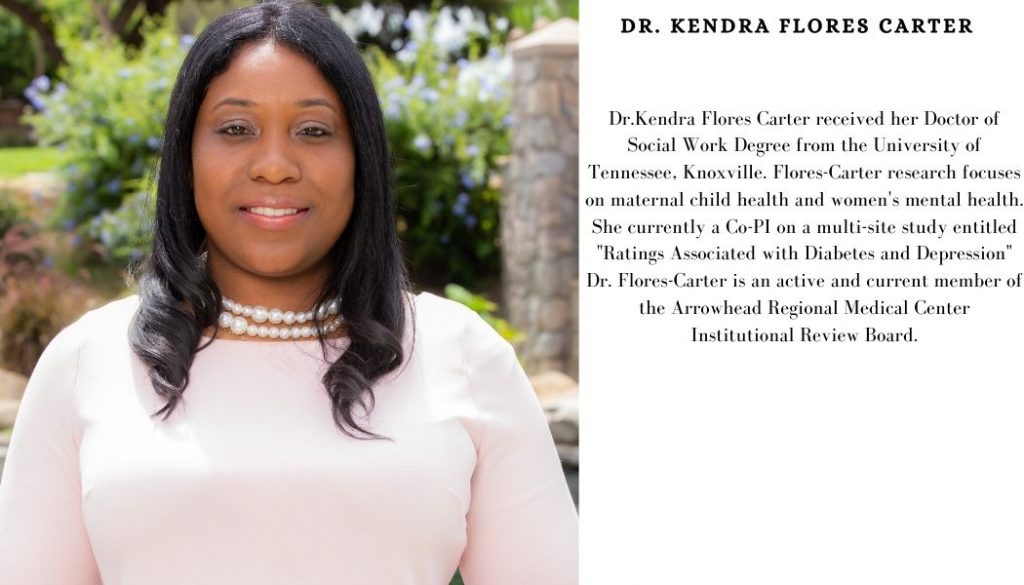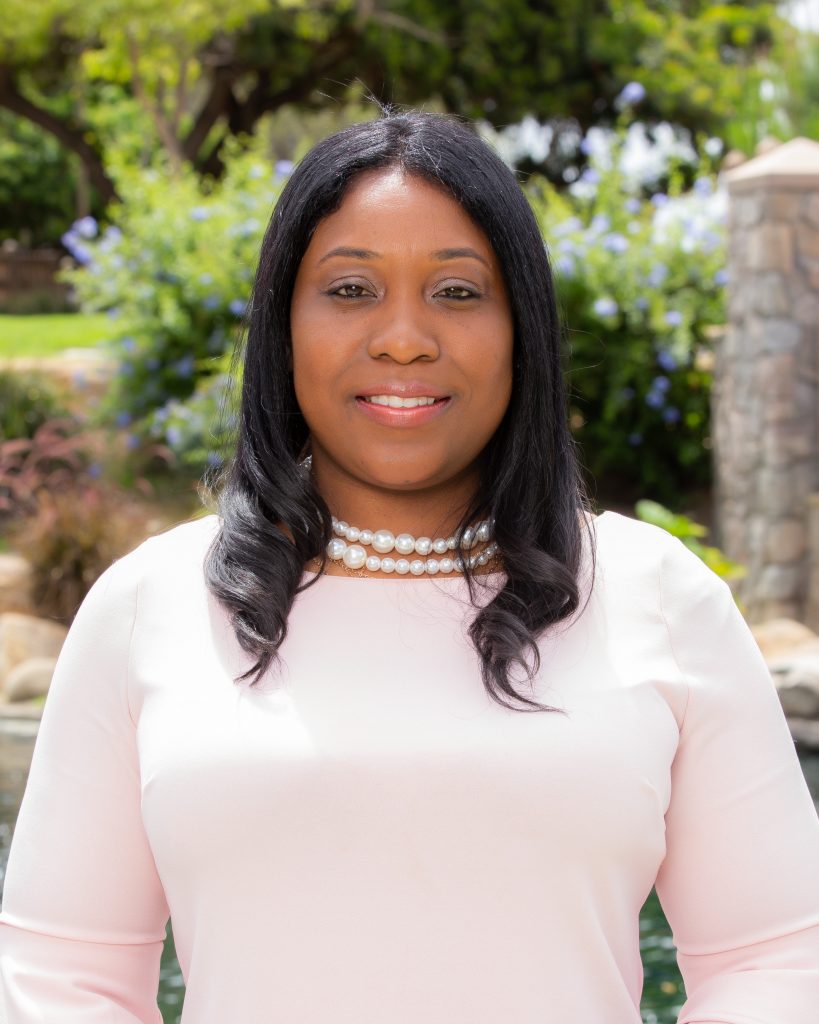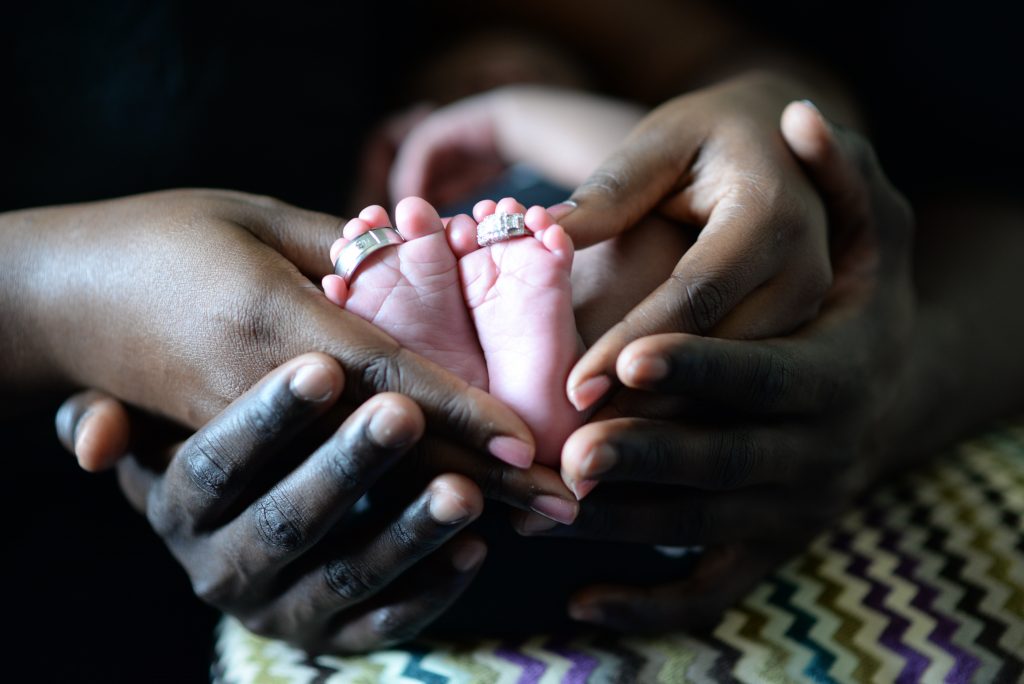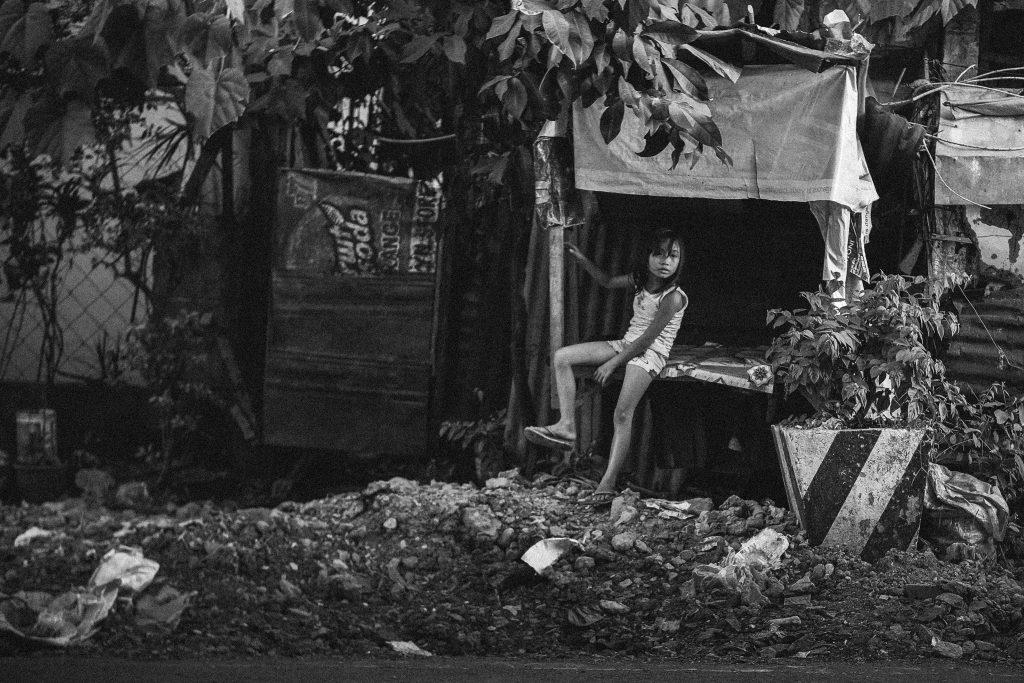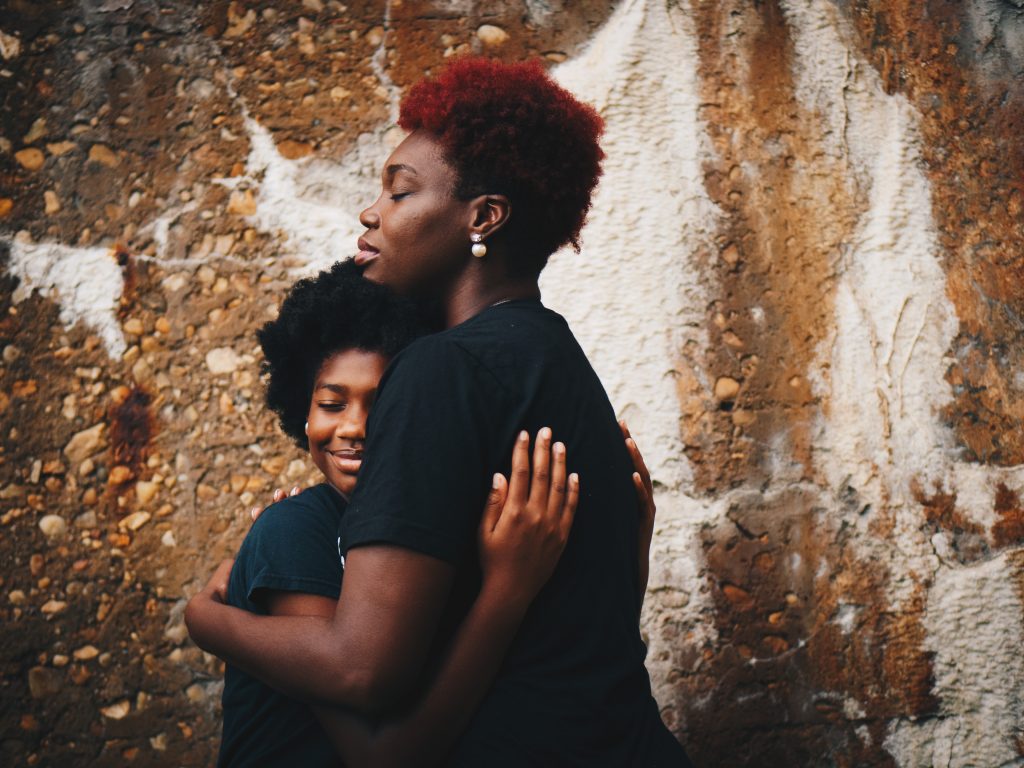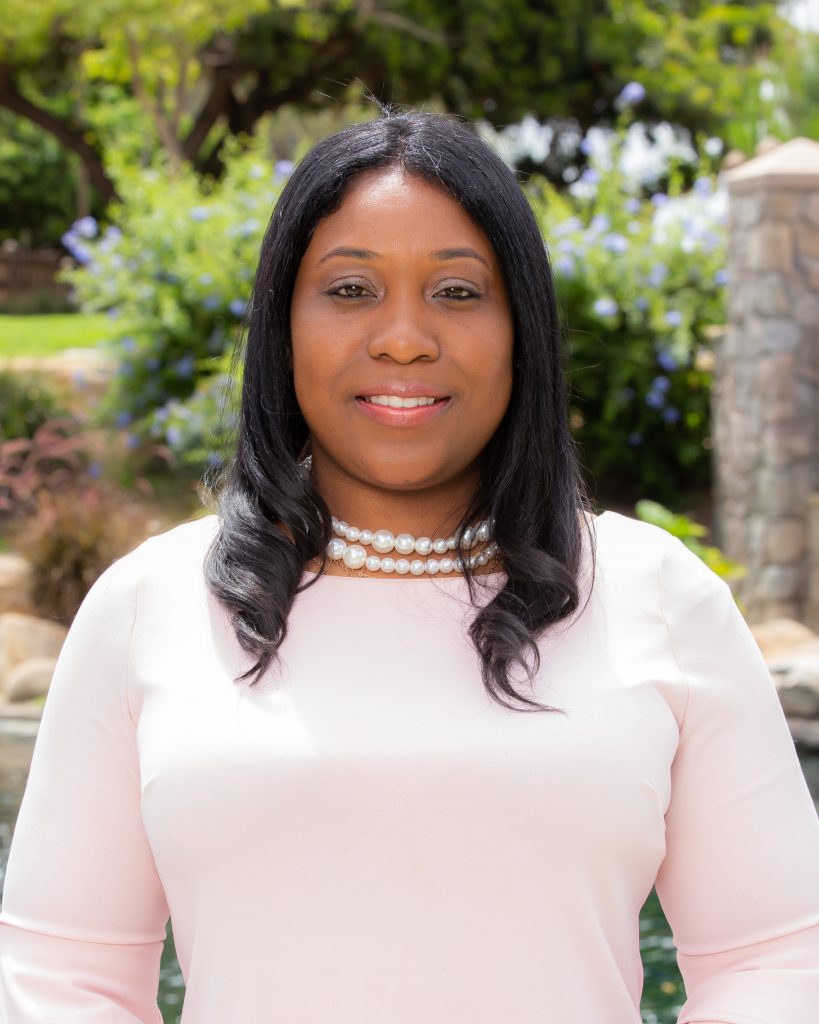By Dr. Kendra Flores-Carter
Phillipians 1:6 reads “that the one who began a good work among [us] will bring it to completion by the day of Jesus Christ” Today I hear the word cultural humility in every meeting, conference, and seminar I attend. Diversity and inclusion seems to be a leading theme for many organizations trying to restructure their administration to meet the needs of marginalized populations. As a marginalized person of Color it is amazing to see all of the strategic planning around having a culturally diverse approach in program innovation, development, and implementation. But as always I have questions on how organizations can competently and effectively incorporate cultural humility in their program development.

Cultural humility refers to the attitudes and practices of working with individuals, groups, and families with a presence of humility. Additionally, it means taking a stance that is other-oriented rather than self-focused. Furthermore, it means investing in learning, communicating, offering services, and making decisions that considers the cultural dynamics of marginalized population intended to serve. Moreover, having a concrete understanding that in order to proceed with any type of program development or program planning an organization must be prepared to consider all these factors before moving forward to fulfill their targeted goals around program development to truly serve marginalized communities.
For many organizations and businesses its easy to include an inclusion and diversity clause in a policy or mention the idea of practicing cultural competency. However, practicing cultural humility is easier said than done. I say this because I seeso many programs today that are targeted towards helping and assisting marginalized populations but I rarely see people of Color in the forefront of creating those programs. How can businesses and organizations create diversity and inclusion programs without the voices of the people the programs are design serve?It’s quite baffling to me to see programs created time after time without the input of the intended population.
To truly exercise cultural humility organizations needs to take into account the lived experiences of the people they provide services too. The stark reality is that many leaders in organizations tend to believe the stereotypes about marginalized groups. Sometimes these biased beliefs are based on what was socially learned or what is shown in the mainstream media. Often times those realities are far from the actual true experiences of marginalized populations.
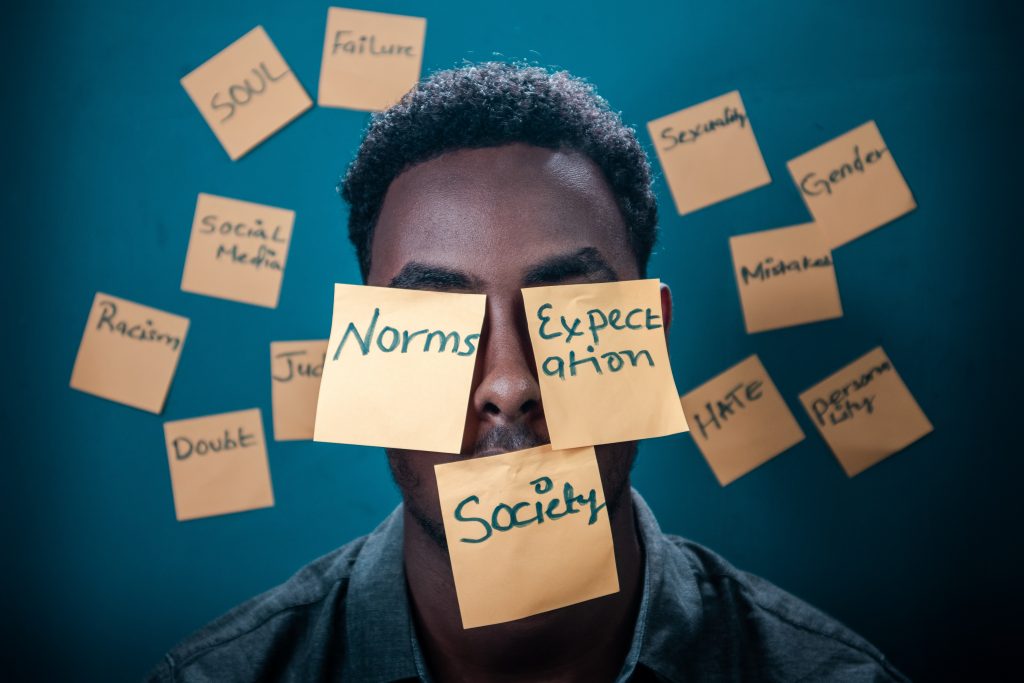
As a society it is important to understand that from the moment we are born we are socially programmed to believe a set of ideas about certain groupsof people. Sometimes even if it’s not the intent these ingrained beliefs are what controls or influence the decisions made as leaders of organizations. Therefore, it is very important that organization leaders check their biases and ensure that they facilitate an environment where all voices are heard when creating programs that serves communities or color.
Building programs that are targeted towards marginalized population should always includethe voices of those populations. When theirvoices are missing it leaves room for programs to becreated based on biased stereotypical beliefs rather than true facts. Likewise, assumptions are often made about marginalized groups based on media or social conditioning beliefs rather than getting evidence from a qualitative standpoint.Yancu & Farmer(2017) theorized the need for internal practices that leads organizations to have greater cultural awareness, reduced implicit cultural biases, and increased sensitivity to the power dynamics in cross-cultural interactions. Basically, if organizations are open to those principles program development would be much more inclusive.
I believe that practicing cultural humility is God’s working within our souls to give us authentic love and kindness towards others. Most importantly God want us to consider others before ourselves. In the end cultural humility could definitely be an asset to leaderswho may have come from privileged backgrounds with little to no understanding of the experiences of marginalized populations. When we know better we do better but we have to make that lifelong commitment to always be self-aware of our own biases before making decisions that affects the lives of othersthat are not like us.
